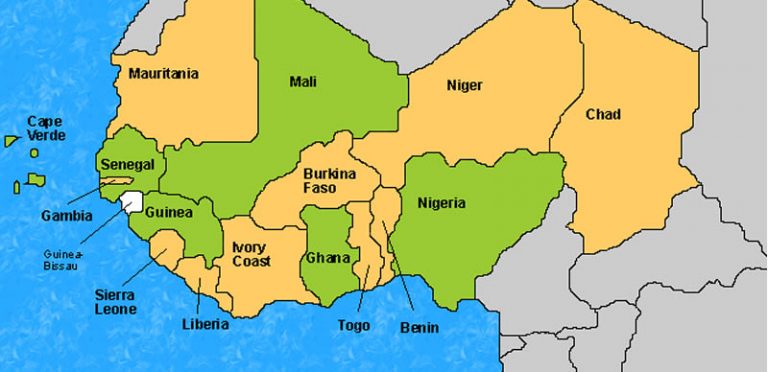The African Ministers’ Council on Water has tasked African countries to ramp up efforts to strengthen systems that would improve the Water, Sanitation and Hygiene Programme and make water more accessible for Africans in line with the Sustainable Development Goals of the United Nations.
AMCOW’s Executive Secretary, Dr Rashid Mbaziira, made the call on Monday, in Abuja.
Mbaziira assured that AMCOW would continue to promote the implementation and utilisation of the African Sanitation Policy Guidelines in member countries.
He stated that the ASPG was formulated, using standards from global best practices, noting that its adoption would ensure safely managed sanitation services for the populace.
He added that Nigeria had been a major partner in AMCOW’s activities, saying more efforts were needed to close the huge sanitation gaps in the country.
Mbaziira emphasised the crucial importance of having a functioning system and stakeholders’ partnership.
This, he said would strengthen the enabling environment for scaling up sanitation and hygiene services.
He said having a stand-alone sanitation and hygiene policy in the country was important and should be encouraged by all, adding that AMCOW would continue to work to see its acceptance.
“It would be a huge achievement for us if our host country Nigeria is utilising the ASPG being developed by a body that it has supported to such a great length, to also strengthen the enabling environment for sanitation and hygiene services provision.
“So for us, it’s one of those things that we really are very keen to see take place, and we would like to render or contribute in any way we can to see to it that there is a sanitation and hygiene policy, whether stand-alone or contributing to other sectors.
“One that can enable the achievement of safely-managed sanitation for Nigeria, and for Nigerians, so it’s something that we are passionate about, and if we can promote it, by all means, appropriate, we should be able to do that”.
According to him, aligning sanitation policies in African countries in line with the ASPG would give it legal backing for prioritisation and institutionalisation for continuity.
“So, now, the linkage to that is that we are recognising the global commitments that we have on SDG six or anything, we are recognising the Ngor commitments as we spoke about, those are continental commitments.
“And we are also recognising the cultural elements that are associated with some of the practices that we do, the norms that we have, and now putting them together in this group may have things and we’re saying that these are the elements, If your sanitation policy follows these elements, it should be able to assure safely managed sanitation in the African context,” he said.
